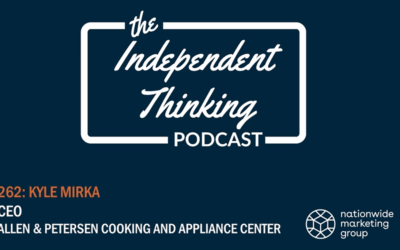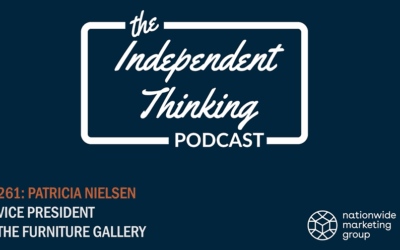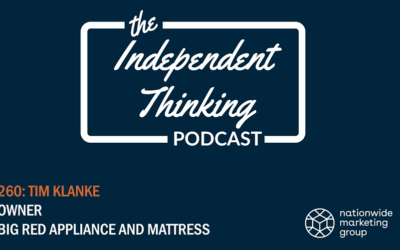On Wednesday, March 18, 2020, President Donald Trump signed into law what’s being called “Phase 2” of the Coronavirus relief efforts. The $104 billion relief package, which passed through the House earlier in the week and the Senate on the afternoon of March 18, centered around making free testing available and also provided paid emergency leave for workers.
For independent retailers, the latter portion of the bill is what will probably draw the most interest. Here’s how it boils down: the legislation provides many workers with up to two weeks of paid sick leave if they are being tested or treated for coronavirus, or if they’ve been diagnosed with the disease. Additionally, employees who’ve been ordered to stay home by a doctor or government official because of exposure or symptoms would also be eligible. Sick leave payments to those individuals would be capped at $511 per day — roughly what someone making $133,000 annually earns.
The bill also covers workers with family members who have been affected and those with children whose schools have been closed. In those instances, workers are eligible to receive up to two-thirds of their pay, with that total being capped at $200 per day. That would be the maximum payout for someone making around $75,000 annually. This coverage can last for up to 10 weeks.
Businesses covered by the legislation are expected to implement the bill’s leave programs on or before April 2, 2020.
The legislation provides an avenue for small-business owners to help pay for these benefits. Under the bill, businesses with fewer than 50 employees can apply for financial hardship waivers from the provisions affecting employees whose children’s schools remain closed. Additional tax credits will be available, with limitations, against the payroll tax assessments for Social Security. The legislation will not apply to companies with 500 or more employees.
Details around how employers will apply for these credits have yet to be laid out, but further information from the IRS should be forthcoming.
So, What’s Next?
This is part two of a three-part plan to pump some life back into what’s been a roller-coaster economy. “Phase 1” was an $8.3 billion bill focused on spurring vaccine research.
“Phase 3” is where Congress’ attention will now shift, and it’s widely considered to be the centerpiece of the relief efforts. The bill, which President Trump’s administration estimates will surpass $1 trillion when all is said and done, will put cash payments directly into the hands of every American.
Various amounts and payment-rollout-schedules are currently being discussed. Although nothing concrete has been decided, U.S. Treasury Secretary Steven Mnunchin said in an interview this week that, if passed in its current state, checks could start going out in early April and would give $1,000 to every adult and $500 per child, with a second round of checks going out around six weeks after that — if the situation hasn’t improved significantly.
All told, the coronavirus relief efforts could surpass the 2008 bank bailout by roughly $400 billion.




